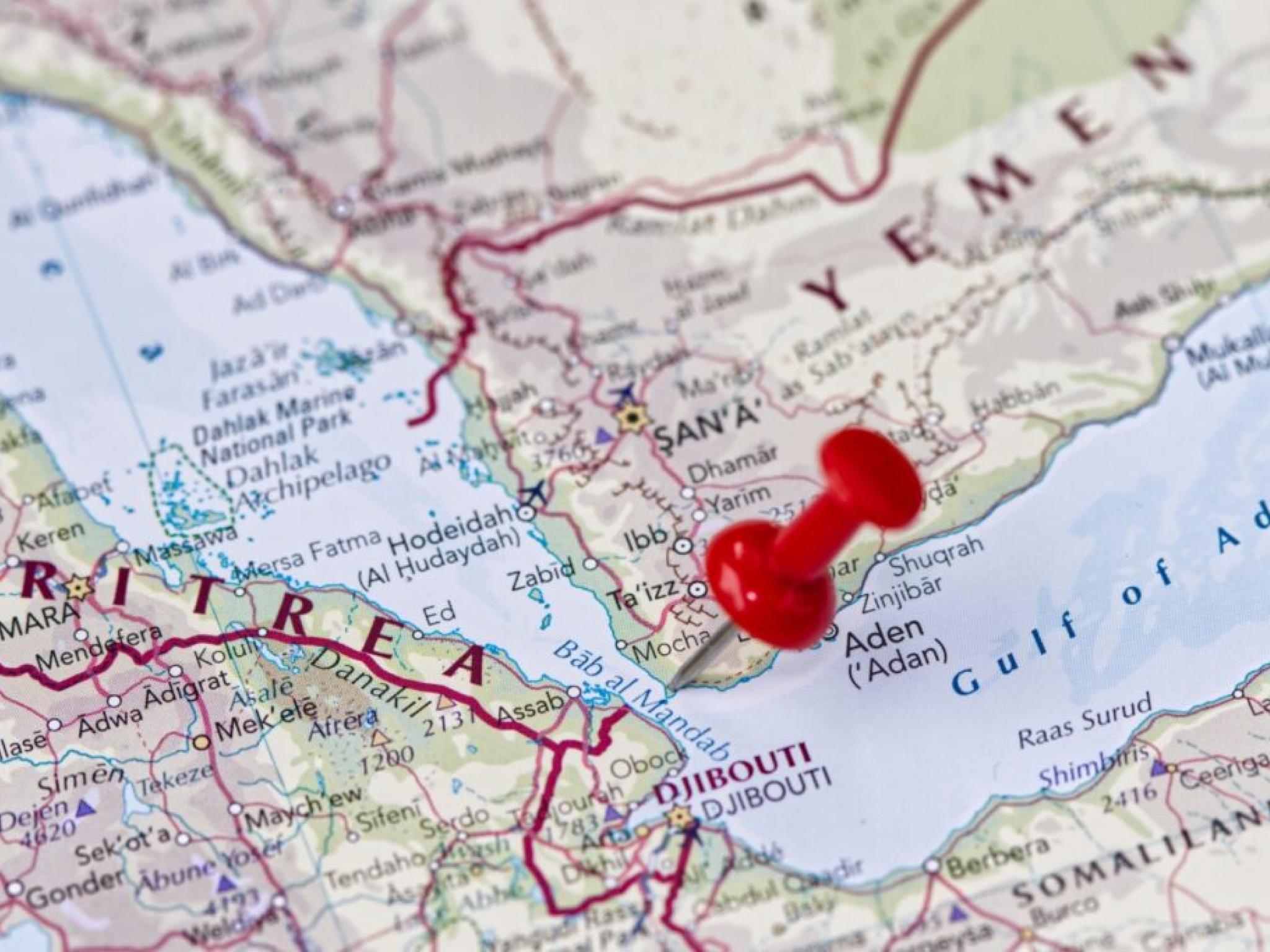The U.S. military has confirmed the destruction of two drones in Houthi-controlled areas of Yemen and over the Red Sea, citing a potential threat to American and coalition forces.
What Happened: The U.S. Central Command stated on Sunday that the drones were destroyed on Saturday morning, reported ABC News. The military underlined the necessity of these actions to safeguard their forces and ensure the safety of international waters for U.S., coalition, and merchant vessels.
“These actions are necessary to protect our forces, ensure freedom of navigation, and make international waters safer and more secure for U.S., coalition, and merchant vessels,” CENTCOM said.
The Houthi rebels, who control a significant portion of Yemen’s north and west, have not yet commented on the incident. The rebels have been actively launching drone and missile attacks on ships in the Red Sea since November despite ongoing U.S.-led airstrikes.
The U.N. envoy for Yemen, Hans Grundberg, has expressed concerns that the escalating situation in the Red Sea and the Israel-Hamas conflict in Gaza could hinder the U.N.-led efforts to revive political talks and end Yemen’s prolonged conflict.
Why It Matters: The recent incident adds to the ongoing tensions between the U.S. and the Iran-backed Houthi rebels. This comes on the heels of a U.S. Navy destroyer intercepting drones and a missile launched by the Houthi rebels in the Red Sea amid Iran’s threats to seize a $50 million cargo of Kuwaiti crude oil destined for an American energy firm.
Earlier in February, the Houthi rebels issued a warning to Israel, stating that they would only reconsider their missile and drone attacks on international shipping in the Red Sea if Israel ceased its “aggression” in the Gaza Strip. The rebels also attacked a British cargo ship and shot down a U.S. drone, further escalating tensions in the region.
Despite these incidents, the U.S. has continued to engage in diplomatic efforts to address the situation, with Secretary of State Antony Blinken urging the Houthi rebels to end their attacks on Saudi Arabia and the United Arab Emirates in February.
Image Via Shutterstock
Engineered by Benzinga Neuro, Edited by
Kaustubh Bagalkote
The GPT-4-based Benzinga Neuro content generation system exploits the extensive Benzinga Ecosystem, including native data, APIs, and more to create comprehensive and timely stories for you.
Learn more.






